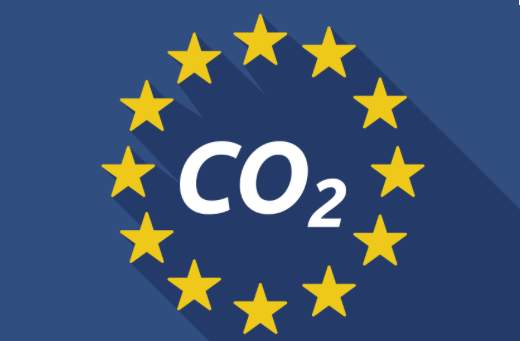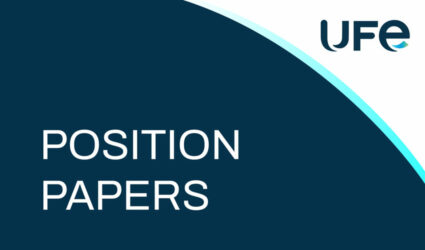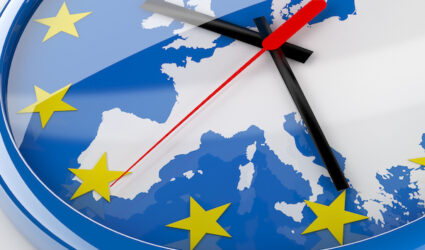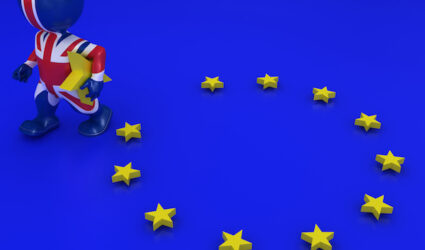02 May 2017
Clean energy package: energy efficiency must be at the service of the climate objective


If the European Commission intends to make the European Union a leader in fighting against climate change, its proposals on energy efficiency underline that the Commission did not choose the most efficient way to achieve this ambition. By considering energy efficiency as an objective per se, it introduces additional constraints in the energy system that will bring extra costs for our still-recovering economy.
UFE has always supported an ambitious energy efficiency policy, by advocating for the development of an industrial branch aiming at decarbonising the economy both at national and European levels and with the lowest cost for consumers and local authorities.
Energy efficiency can be a major economic opportunity when it is rightly targeted both:
- At the individual level, when the cost of an energy efficiency action is balanced by the energy savings made, and
- At a global level, when energy efficiency improves trade balance, strengthens security of supply, creates activity across Europe or lowers CO2 emissions
However, energy efficiency should be considered as leverage for the low-carbon strategy instead of an objective per se.
In the light of the close link between decarbonising on the one hand, and energy efficiency and renewable energy on the other hand, a deep coordination between the various provisions of European energy policies is of paramount importance. It is essential to maintain consistency between the objective pursued and the instruments proposed to reach it.
Otherwise, the ETS market, whose role is to set a carbon price in the market so as to economically enhance low-carbon investments and energy efficiency measures, is doomed to fail.
With its proposals, especially in the Energy Efficiency and Energy Performance for Building Directives, the European Commission noted the importance to interlink these tools together. As an example, it proposes to establish a strategy for the decarbonisation of buildings by 2050, or to deduce part of the onsite renewable energy production from the annual objective of energy consumption reduction.
An ambitious objective raised from 27% to 30% must be pursued with flexibility
Indeed, every additional constraint when minimising the cost leads at best to nothing and at worse to global cost increase.
For example, if RES costs were to decrease faster than expected by 2030, and by setting a 30% energy efficiency binding target independently from the other objectives, the European Commission would deprive the European economy from an efficient instrument to target the most cost-efficient assets for decarbonisation.
Moreover, since marginal costs for energy efficiency measures are rising, a binding energy efficiency objective might be very costly for the European Union. It is essential to provide energy efficiency stakeholders with visibility and with an ambitious signal. The 30%-objective meets this need. However, UFE stands by Member States much committed to energy efficiency (Finland, Sweden, The Netherlands …), and advocates for a European indicative objective so as to keep cost-effectiveness at the heart of the EU’s climate and energy policy.
Find out more
Vision and missions


About us
The Union of the French Electricity Industry is the trade association of the French electricity sector. We bring together companies from the whole value chain of the electricity industry.
Find out moreEvents of the sector


Annual conference


Our 2023 annual conference
2023 annual conference of the Union of the French Electricity Industry
The 12th edition of the UFE annual conference has been held on 8th June 2023, in Paris.









